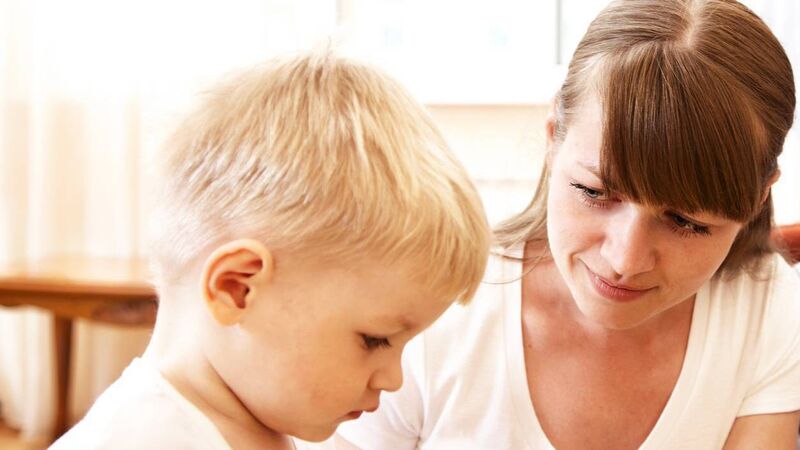Sarah Harte highlighted the staggering amount of unpaid care work done primarily by women — ‘Why does it still boil down to who cooks the dinner in the home?’ (Irish Examiner, January 10). Her reference to Oxfam’s critique of the economic measure of GDP merits further public discussion. It will help us decide what kind of economy and society we want to build in this era of growing inequality and climate change, what counts and how we count it.
Questioning GDP and our current economic policies helps us to discover what we value in society and why — asking why adding millions to the bank accounts of the super-rich and fuelling ever more excessive greenhouse gas emissions is more valued than caring for children, the sick, or the elderly. To create a fairer, human economy, the injustice of women’s and girls’ unpaid and underpaid care work is key. Social spending should be seen not as a ‘cost’ but an ‘investment’. Oxfam’s research has shown how investing in care sectors can lead to great reductions in poverty and gender employment gaps.
Already a subscriber? Sign in
You have reached your article limit.
Subscribe to access all of the Irish Examiner.
Annual €130 €80
Best value
Monthly €12€6 / month
Introductory offers for new customers. Annual billed once for first year. Renews at €130. Monthly initial discount (first 3 months) billed monthly, then €12 a month. Ts&Cs apply.









